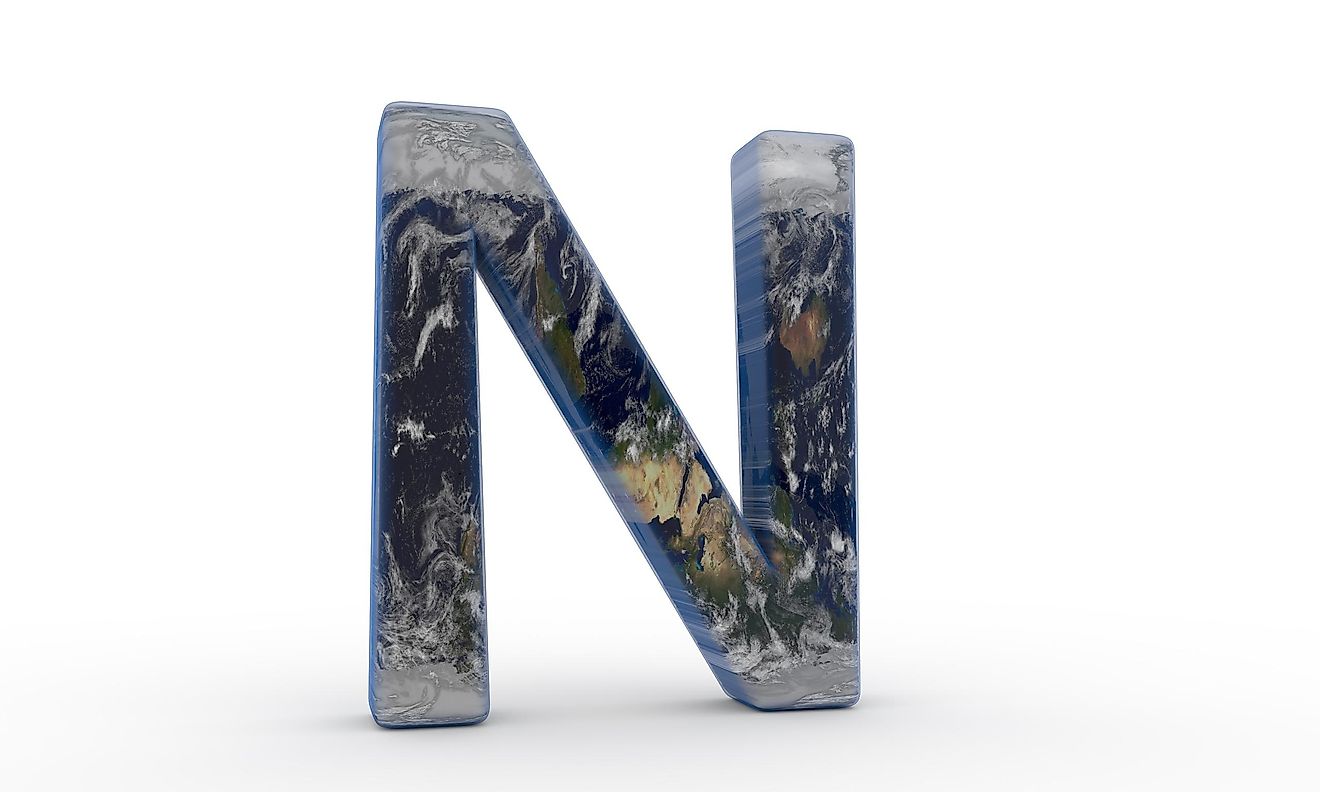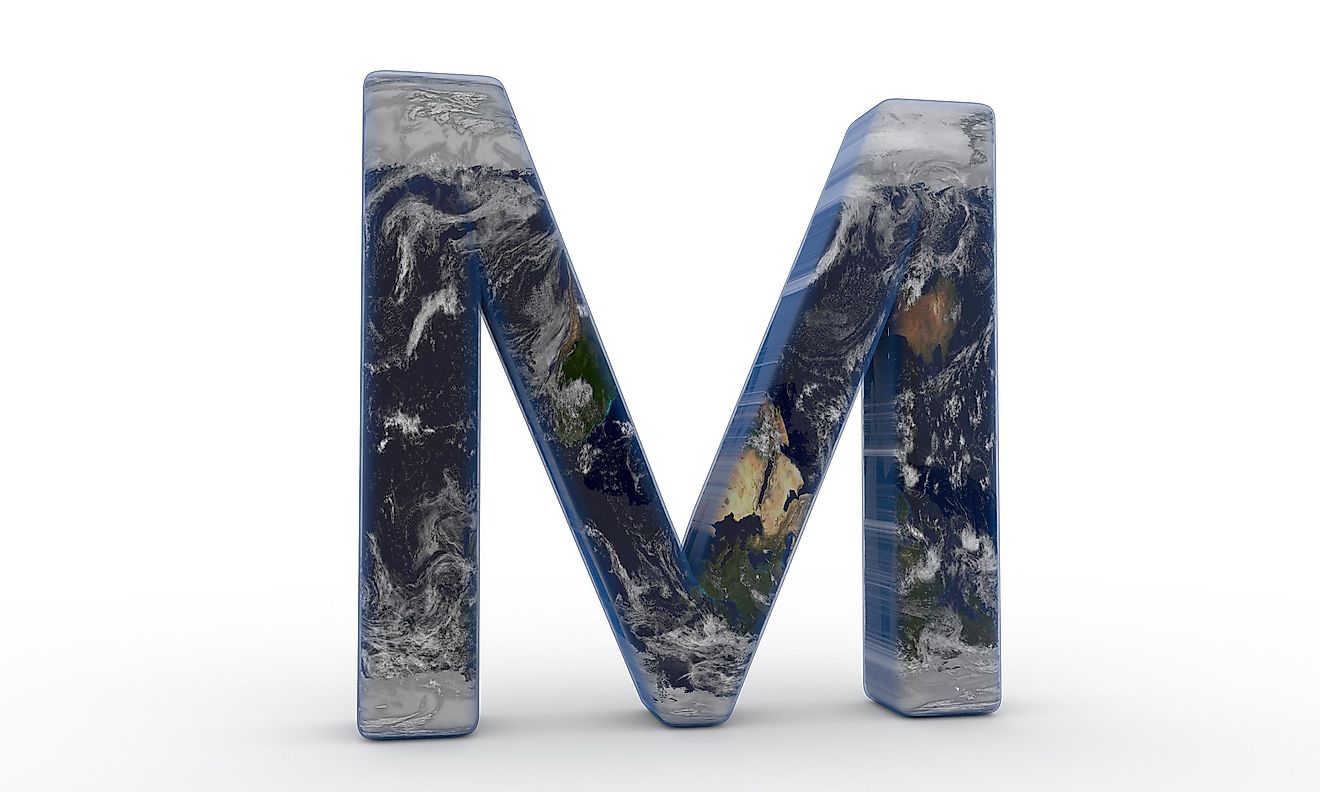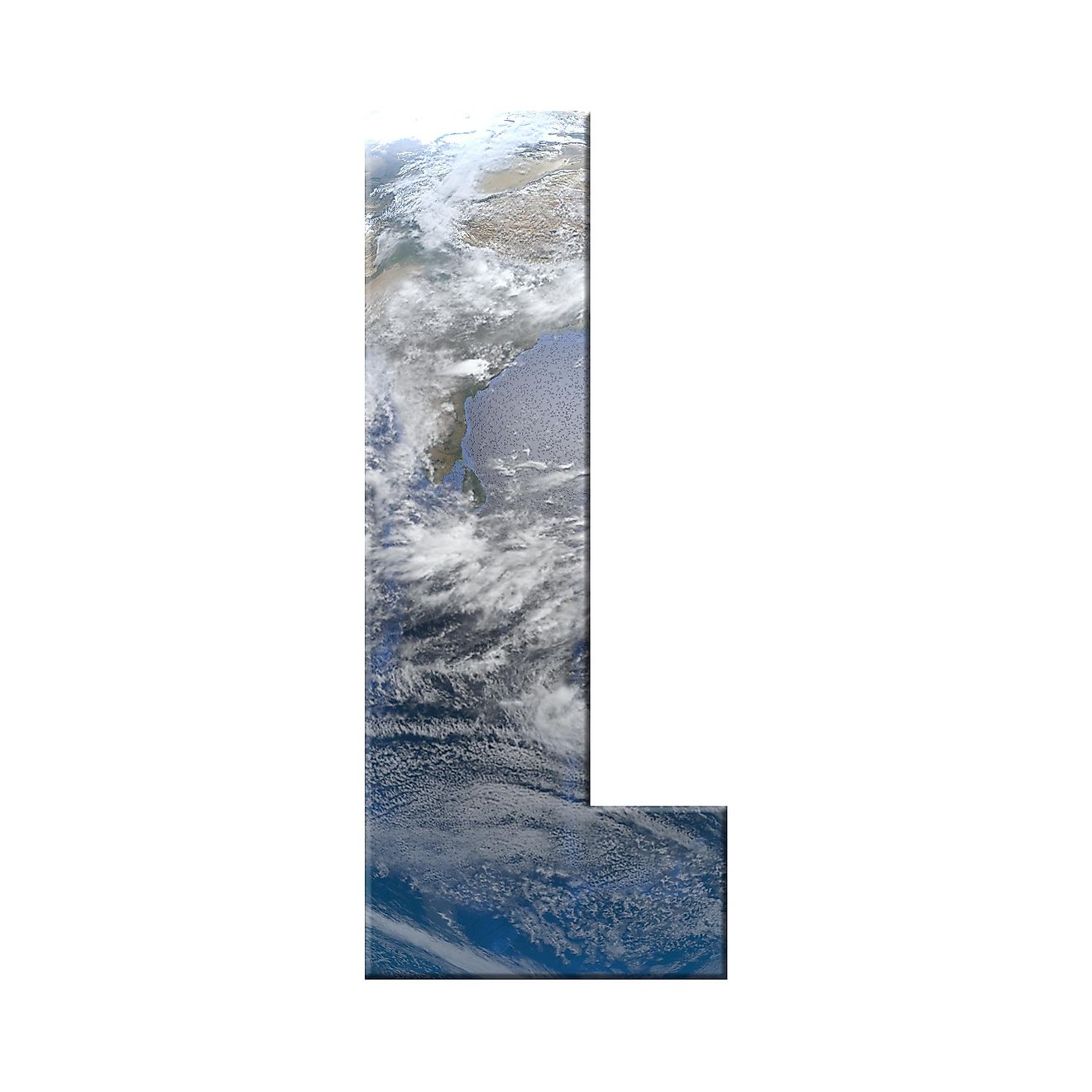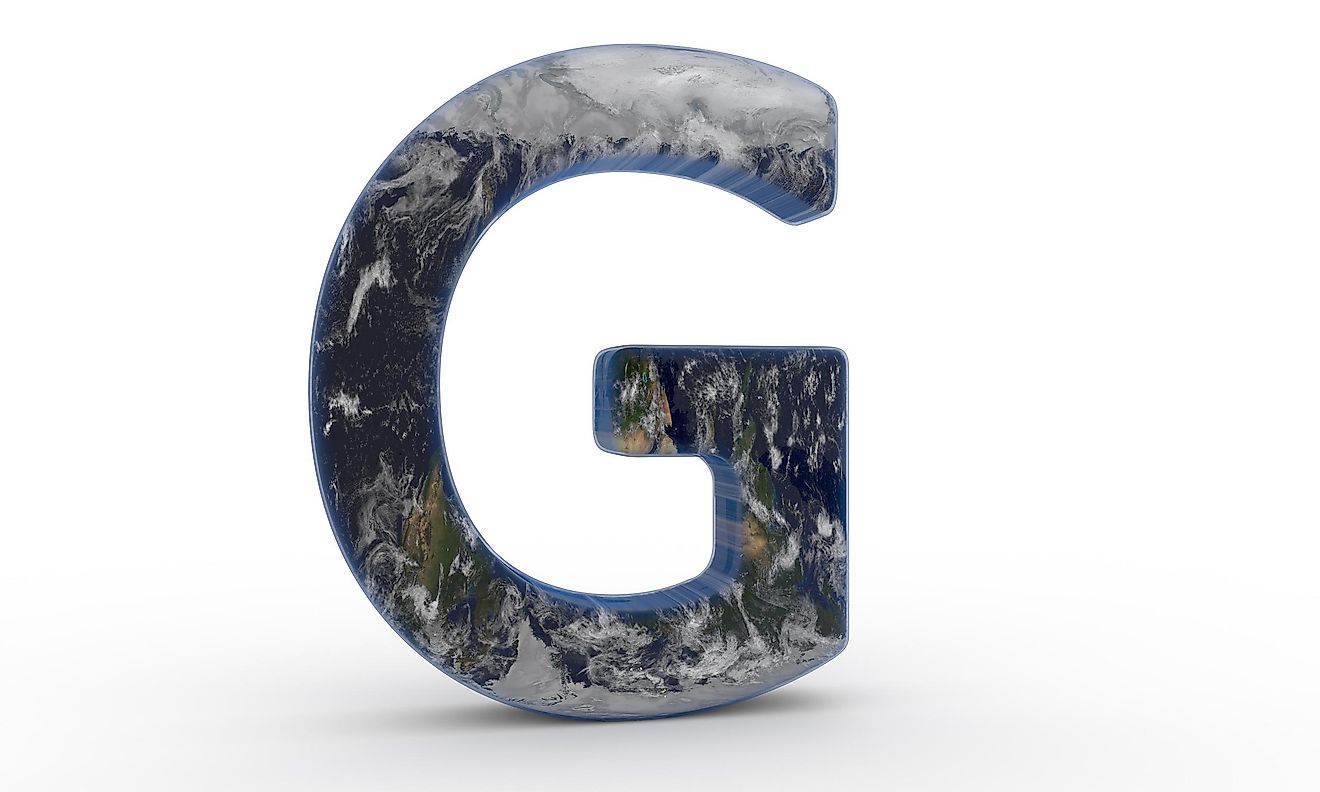
Countries That Start With The Letter E
Were you aware that there are eight nations globally whose names start with the letter "E"? Interestingly, the pronunciation of this initial "E" varies across several of these countries, seen in the difference between the sounds in "eat" and "elk." This situation is the reason such sounds are termed "phonemes," and symbols represent them in the International Phonetic Alphabet (IPA).
The occurrence of these "E"-sounds at the start of these countries' names ranges from common to uncommon! Indeed, these sounds are present in 32% to 92% of the over 3,000 languages and dialects across the globe.
Furthermore, did you know that in the English language, the letter "E" appears in approximately 12.02% of all utilized words? Nonetheless, the stories behind how these eight countries acquired their "E" names are truly gripping, so continue reading to find out more.
All Countries That Begin With "E"
| Country | Population | E Phoneme |
|---|---|---|
| Ecuador | 18,190,484 | /e/ |
| Egypt | 112,716,598 | /iː/ |
| El Salvador | 6,364,943 | /ɛ/ |
| Equatorial Guinea | 1,714,671 | /ɛ́/ |
| Eritrea | 3,748,901 | /ɛ́/ |
| Estonia | 1,322,765 | /ɛ/ |
| Eswatini | 1,148,130 | /ɛ/ |
| Ethiopia | 126,527,060 | /i/ |
Ecuador
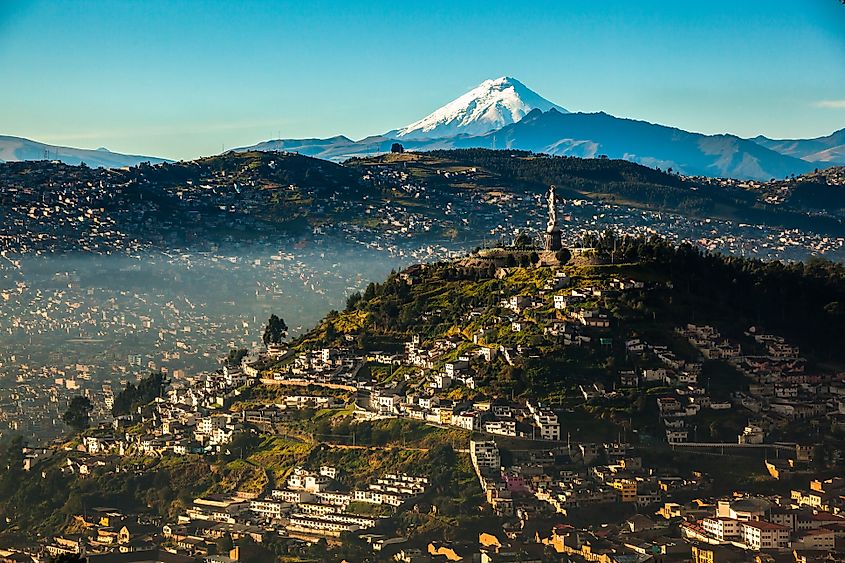
Ecuador's name is derived from the Spanish word for the equator, which runs through the country, marking it as one of the few places in the world where you can stand in both the northern and southern hemispheres simultaneously. The region was part of the Inca Empire before the Spanish conquest in the 16th century. It gained independence from Spain in 1822, briefly joining the Gran Colombia Federation before becoming fully sovereign. Ecuador encompasses the Galápagos Islands, famed for their role in Charles Darwin's theory of evolution. It is the only country where you can find the endemic Galápagos tortoise, the largest living species of tortoise.
Egypt
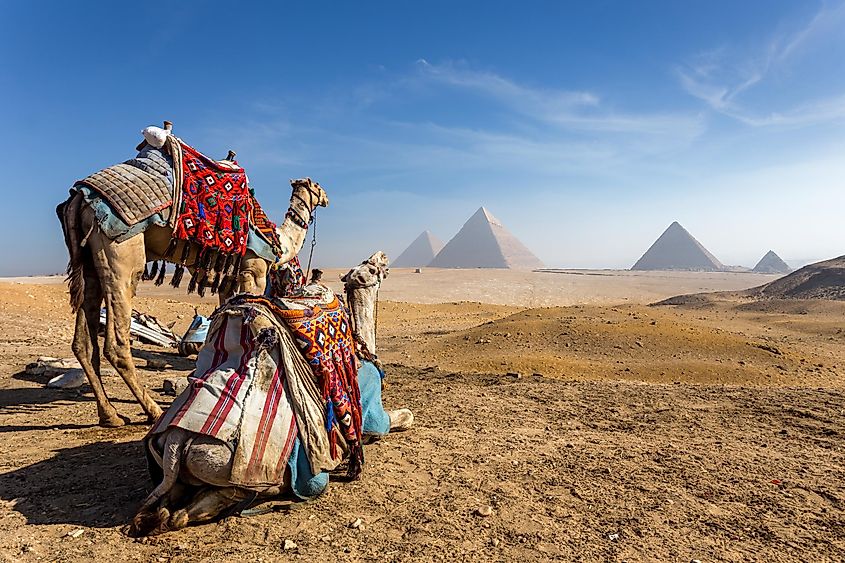
Egypt is named after the Ancient Greek word "Aígyptos," which was the Greek way of describing the city of Memphis, and it meant "Mansion of the Spirit of Ptah." The country's history dates back to the 6th-4th millennia BCE and is known for its developments in writing, agriculture, urbanization, and governance. Ancient Egypt's legacy, in popular discussion, tends to include the Pyramids and Sphinx of Giza. It was a focal point of the Arab Muslim conquests in the 7th century, leading to its modern-day Islamic atmosphere. Today, Egypt is the only place where one can still see the original Seven Wonders of the Ancient World, the Great Pyramid of Giza.
El Salvador
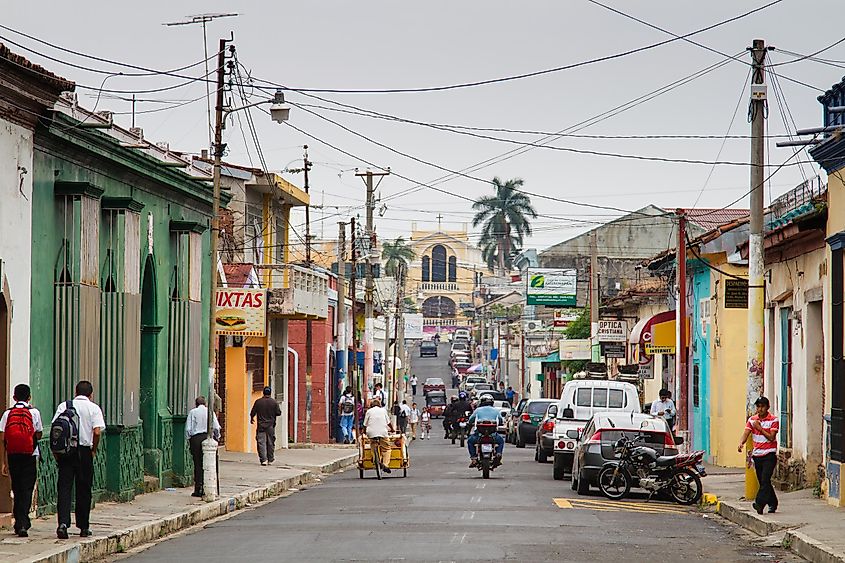
El Salvador's name translates to "The Savior," referring to Jesus Christ, highlighting the Spanish conquistadors' religious influence during its colonization in the 16th century. Before Spanish colonization, it was inhabited by the Pipil people, an indigenous group with ties to the Aztec culture. It gained independence from Spain in 1821, followed by a brief federation with other Central American countries before becoming fully sovereign. The country has a significant history of volcanic activity, contributing to its fertile soil. Interestingly, El Salvador is the smallest and the most densely populated country in Central America, making its demographic density a distinctive feature.
Equatorial Guinea
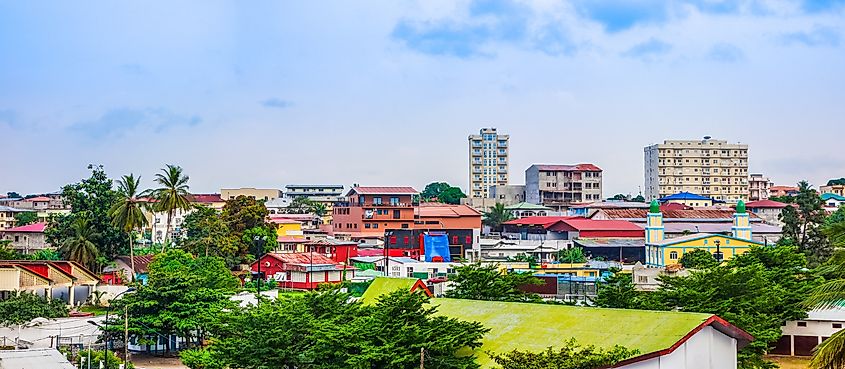
Equatorial Guinea's name reflects its geographical location near the equator and the Gulf of Guinea. It is the only African country where Spanish is an official language, a vestige of colonial rule by Spain from the late 18th century until its independence in 1968. The country consists of a mainland region, Río Muni, and several islands, including Bioko, where the capital, Malabo, is located. This country was relatively isolated until significant oil reserves were discovered in the 1990s. Equatorial Guinea is now known for having one of the highest per capita GDPs in Africa, although the wealth is unevenly distributed.
Eritrea
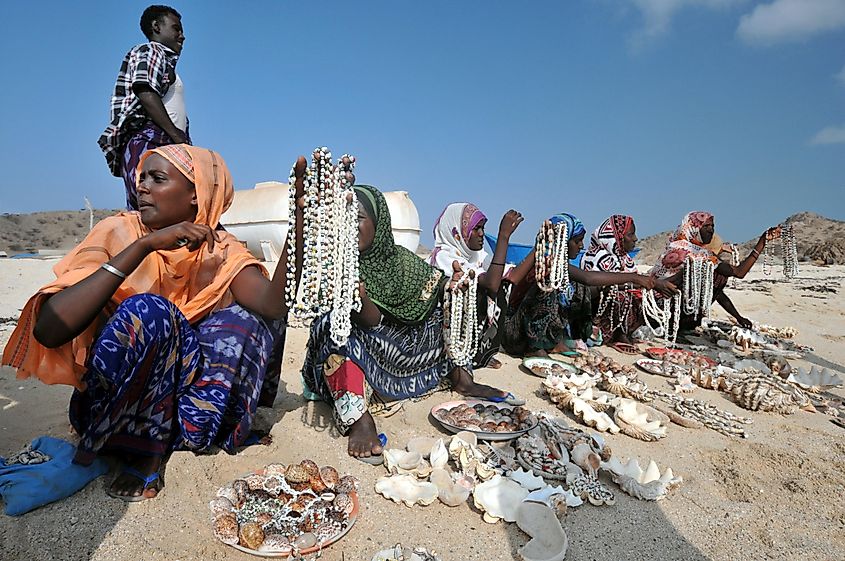
Eritrea's name is derived from the Greek word "Erythraia," which translates to "Red Land," a reference to the country's coastline along the Red Sea. The name was adopted during Italian colonial rule in the late 19th and early 20th centuries. Prior to Italian colonization, the area was known by various names in local languages. Eritrea officially became an independent country in 1993, following a 30-year war of independence against Ethiopia. Today, Eritrea is noted for its extensive collection of well-preserved modernist architecture in the capital, Asmara, which was designated a UNESCO World Heritage Site.
Estonia
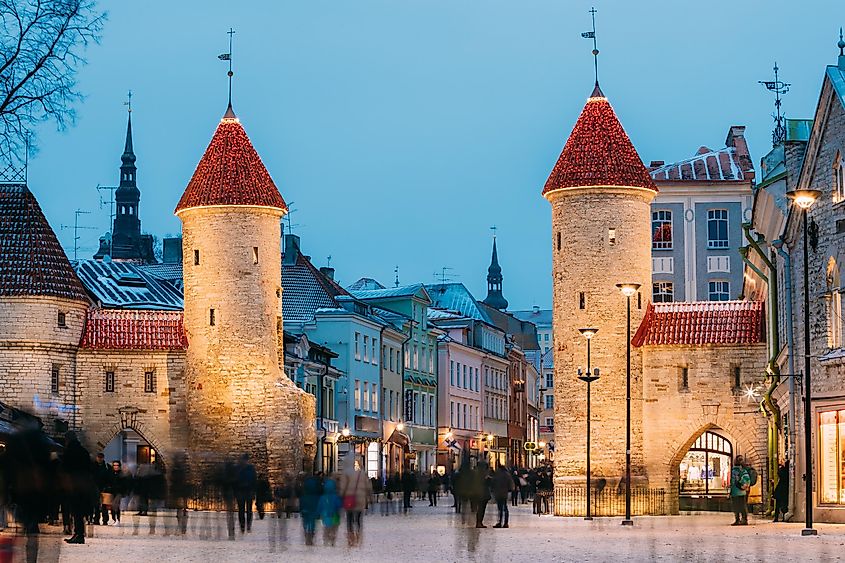
Estonia's name is thought to originate from the Roman historian Tacitus, who wrote about the "Aestii" people in his work "Germania." The term may derive from a Baltic word meaning "east." Over centuries, the region's name evolved through various forms in different languages, leading to the modern name "Estonia." Estonia regained its independence from the Soviet Union in 1991, marking the end of nearly 50 years of occupation. Estonia stands out today for its advanced digital society, being the first country to offer e-residency to people from around the world.
Eswatini
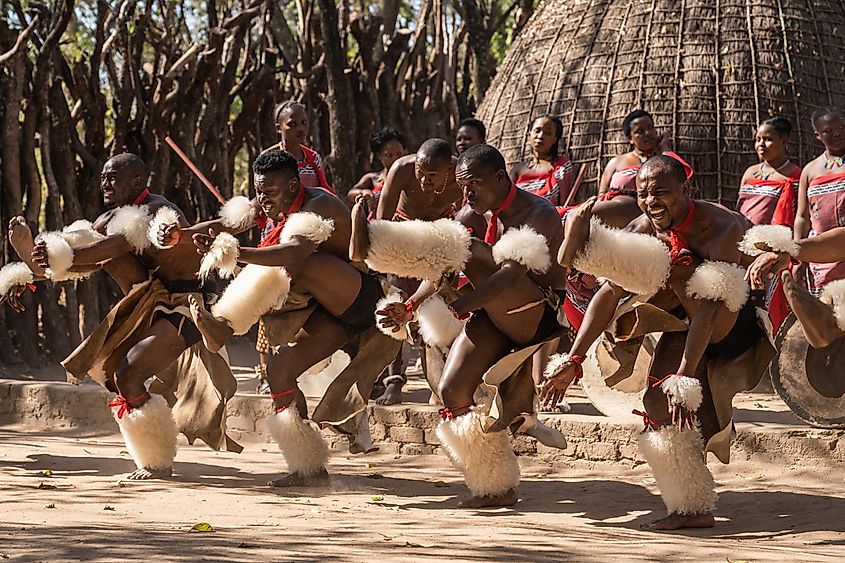
Eswatini, formerly known as Swaziland, changed its name in 2018 to reflect its original African roots and to mark 50 years of independence from British colonial rule. "Eswatini" means "land of the Swazis" in the Swazi language. The name change was announced by the king to reassert the country's identity and heritage. The area has been inhabited since prehistoric times, and its current name harks back to the 19th-century kingdom of the Swazi people. Eswatini is the world's last absolute monarchy in Africa, where the king still holds supreme executive authority.
Ethiopia
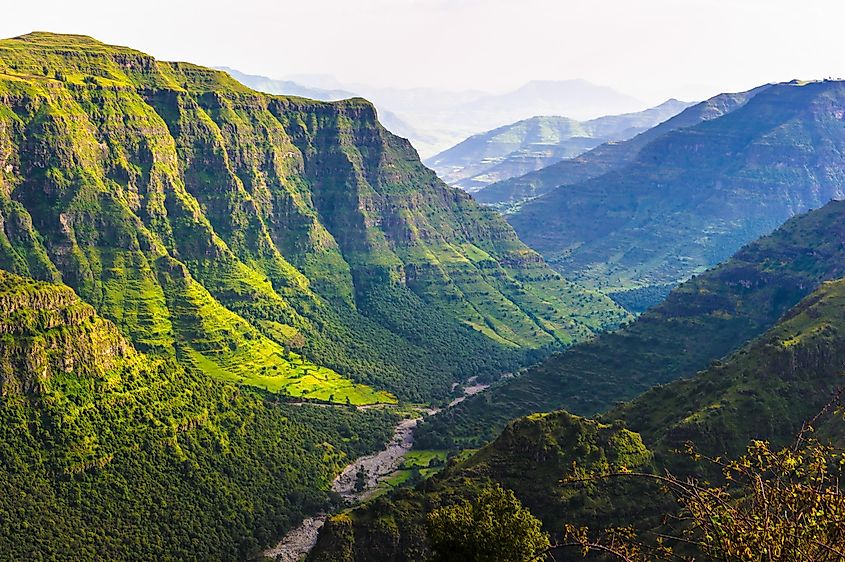
Ethiopia is a name that comes from the Greek word "Aithiopia," derived from the words "aitho" (I burn) and "ops" (face), referring to the dark-skinned people of the region. It is one of the oldest countries in the world, with human habitation dating back to prehistoric times. Ethiopia has a unique history of remaining uncolonized by European powers, except for a brief Italian occupation from 1936 to 1941. The country's history is deeply intertwined with the origins of Christianity and Islam in Africa. Ethiopia is renowned today for being the birthplace of coffee, which plays a crucial role in its economy.
Final Thoughts
Out of the eight countries that begin with the letter E, four are located in Africa, one in Asia, one in Europe, and one each in Central and South America. No country in North America starts with the letter E. Furthermore, settling on a name for a country is a decision that spans centuries. Then, that name might be spelled and pronounced with extreme differences depending on how other world languages adopt it into their tongues. English is one of several dominant languages used in business and education worldwide, but it is not the be-all and end-all of nomenclature and linguistics. A fun activity is finding different languages that refer to these countries in an entirely distinct way compared to their English names.



